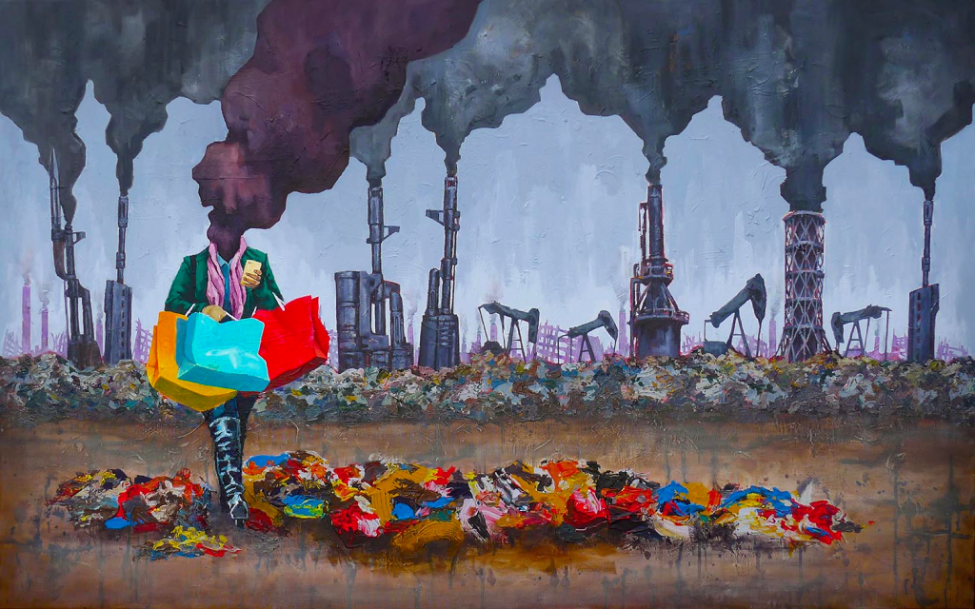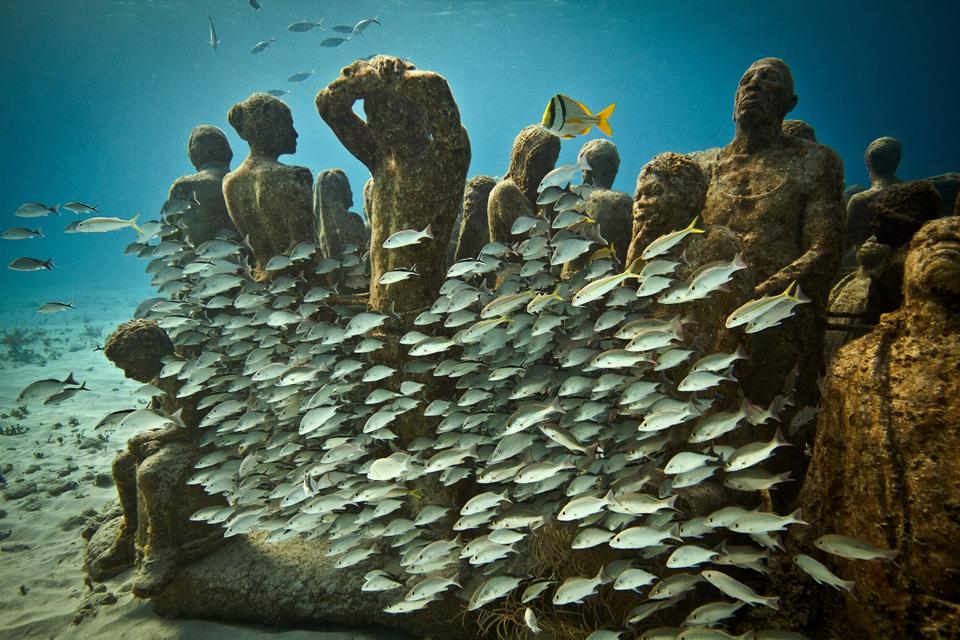- Instructor of record: Casey Barrier
- Instructor of record: Aisha Chughtai
- Instructor of record: Justin Reamer
- Instructor of record: Maja Šešelj
This course will introduce students to the discipline of anthropology and the study of human culture. Students will learn the major concepts, theoretical perspectives and historical trends in anthropology and they will apply these concepts to anthropological case studies that investigate complex conflicts over culture, identity, nation, economic inequality, race, ethnicity, and natural resources management. Finally, the course will introduce students to “ethnography” a methodology originally designed to observe and document the cultural practices of small-scale societies around the world, now used to study global problems through the local case studies. Through independent projects, students will identify cultural “field sites,” and practice “participant observation,” interviewing skills, methods of mapping kinship. This course will challenge students to use critical thinking skills to critique their own and others’ perspectives and biases, by presenting urgent, complex, contemporary problems, exploring the usefulness of limits of Anthropology to better understand these issues.
- Instructor of record: Nicholas Carby Denning
Professor Melissa Pashigian
Office: Dalton 308; Tel: x5002; Email: mpashigi@brynmawr.edu
Office Hours: By appointment; please email me to set up a time.
Office: Dalton 308; Tel: x5002; Email: mpashigi@brynmawr.edu
Office Hours: By appointment; please email me to set up a time.
- Instructor of record: Melissa Pashigian

- Instructor of record: Nicholas Carby Denning
- Instructor of record: Amanda Weidman
What makes humans human? One of the hallmarks of our species is our pattern of growth and development (i.e., ontogeny) and life history. In this seminar we will examine various aspects of the human ontogenetic and life history pattern, highly unusual among mammals, from a comparative evolutionary perspective. First, we will survey the fundamentals of life history theory, with an emphasis on primate life histories and socioecological pressures that influence them. Secondly, we will focus on unique aspects of human life history, including secondary altriciality of human infants, the inclusion of childhood and pubertal life stages in our pattern of growth and development, and the presence of a post-reproductive life span. Finally, we will examine fossil evidence from the hominin lineage used in reconstructing the evolution of the modern human ontogenetic pattern.
- Instructor of record: Maja Šešelj

What does it mean to be human? What is the agency of non-humans in human worlds? Can the Mosquito speak? How do Dogs dream? Can Rocks die? How do Forests think? What is the gender of a River? What is the agency of a Mountain? Should Trees have standing?
Anthropology is the study of humans, but the “human” always implies its opposite, the “Non-Human.” Humanity is defined by its relation to “non-humans” from tool use to technological development, from domesticated (and undomesticated) animals, to agricultural crops, human ecologies, and the global environment. This course traces Anthropological debates over “(non-)humans” in contexts ranging from Amerindian cosmology, to political ecology, and science and technology studies.
Anthropology is the study of humans, but the “human” always implies its opposite, the “Non-Human.” Humanity is defined by its relation to “non-humans” from tool use to technological development, from domesticated (and undomesticated) animals, to agricultural crops, human ecologies, and the global environment. This course traces Anthropological debates over “(non-)humans” in contexts ranging from Amerindian cosmology, to political ecology, and science and technology studies.
- Instructor of record: Nicholas Carby Denning
- Instructor of record: Melissa Pashigian
- Instructor of record: Melissa Pashigian
- Instructor of record: Karen Sulpizio
- Instructor of record: Amanda Weidman
